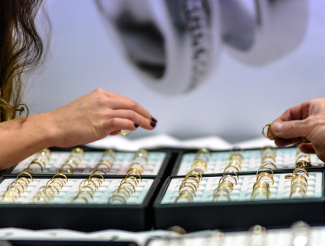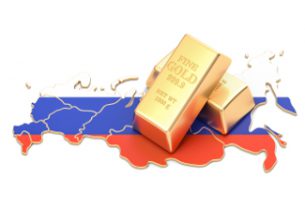At the end of 2019, Germans lined up outside gold stores to buy gold. The reason? The German government was lowering the limit on anonymous purchases of gold from €10,000 to €2,000. The way gold prices are going, pretty soon even purchasing a single one-ounce gold coin will require buyers to provide identification. It’s no wonder that Germans went to buy gold in droves.
Gold has always served as the ultimate final form of money. When stocks and bonds lose value and paper money becomes worthless, gold is there to protect investors and consumers. Everyone wants to have at least some gold on hand to make sure that they own something of value in the event of a financial emergency. That applies just as much to ordinary people as it does to the central bankers who continue to purchase record amounts of gold.
The fact that consumers are being required to show identification when purchasing gold is ostensibly to prevent money laundering, tax evasion, and terrorist financing. But ordinary people also don’t want the government knowing how much gold they own, lest the government try to tax it or seize it. In a country in which the currency once was completely destroyed by hyperinflation, and in which the citizens still don’t completely trust banks and financial institutions, the ability to purchase and own gold is still highly treasured.
Concerns over privacy obviously don’t affect investors in the US who invest in gold through a gold IRA, since the IRS is going to know about your gold holdings anyway. And Americans still have the ability to buy gold coins from local coin stores with relative anonymity, although purchases of certain quantities or amounts of coins may trigger reporting to the Treasury Department. But what’s happening in Germany underscores the fact that gold remains an incredibly popular investment asset all around the world.
This article was originally posted on Goldco.




